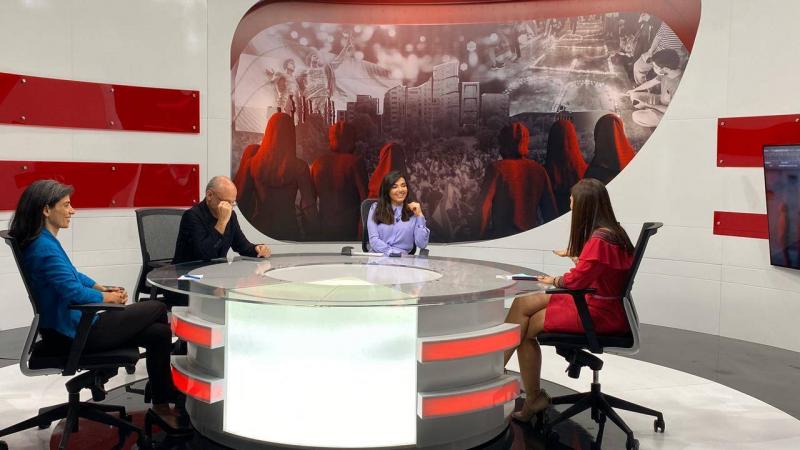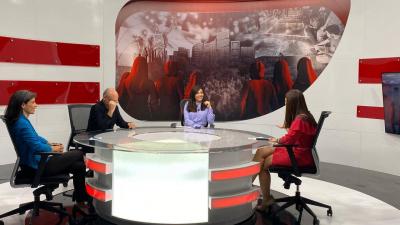After the announcement by the Central Bank of Lebanon that the medical bill until May 20 exceeds the total amounts of 2020, the health advisor to the Prime Minister, Petra Khoury, contradicted the bank's statement, saying, "This is not the truth. The reality is that the bills mentioned by the Central Bank include accumulated dues from 2020 amounting to $500 million, and the bills submitted today by the agents are worth $500 million. Therefore, the 2021 bills are not worth about a billion dollars as the Central Bank claims; rather, half of this amount is from 2020."
Regarding the bankruptcy of the social security institution, Khoury confirmed during the "Lebanese Scene" program, which will air tonight on "Al Hurra" channel with journalist Layal Ikhtiar, that all guarantor entities are bankrupt, from the Cooperative to the Social Security and the Army's budget. She noted that all these institutions require funding and that private hospitals have stopped admitting patients from the cooperative and security forces, asserting that if the situation remains as it is, all guarantor entities will halt operations.
On the issue of smuggled medications in the market, Khoury considered that when medications are cut off, smuggling and counterfeiting emerge. Regarding the danger of medical and nursing staff emigration from Lebanon, Khoury compared the Lebanese scene with the Indian scenario, stating: "In India, doctors emigrated due to the absence of strategies to improve the medical sector; we see the Indian scene and fast forward to find that the Lebanese scene resembles the Indian one."
On the state of vaccination against COVID-19 and community immunity, Khoury clarified that 97% of COVID-19 deaths in Lebanon are in the age group over fifty, thus prioritizing the vaccine in the first phase for those over fifty. She indicated that around 70% of those over sixty have been vaccinated to date, and this percentage could rise to 80% or more within two weeks, while 8% of the total Lebanese population has received the vaccine so far.
As for the percentage of those who have developed community immunity due to COVID-19 infection, Khoury estimated it to be around 35% to 40%. In this context, Dr. George Ghanem, the medical director of Rizk Hospital, and the director of the emergency department at the American University Hospital confirmed that a number of patients in Lebanon have died in recent months due to medication shortages and oxygen shortages. Ghanem also confirmed the presence of smuggled and substandard medications in the Lebanese market, including Syrian, Iranian, and Turkish medicines, revealing that a university hospital in Lebanon issued a circular announcing the cessation of laboratory tests, which means that patients outside the hospital will no longer be able to conduct tests.




